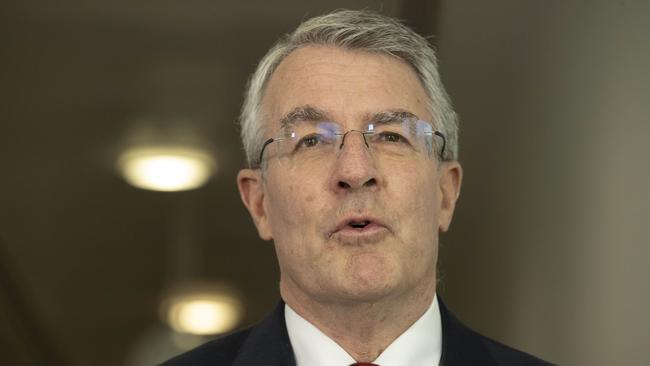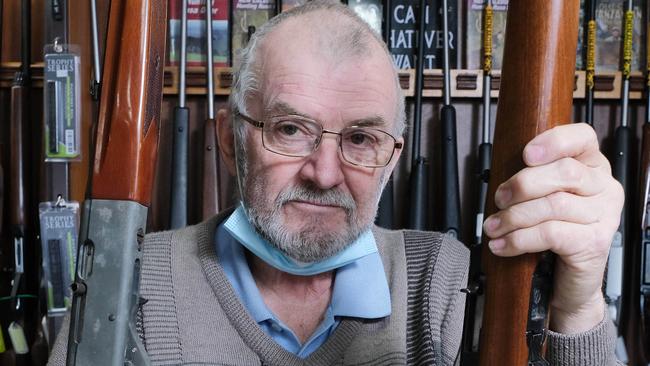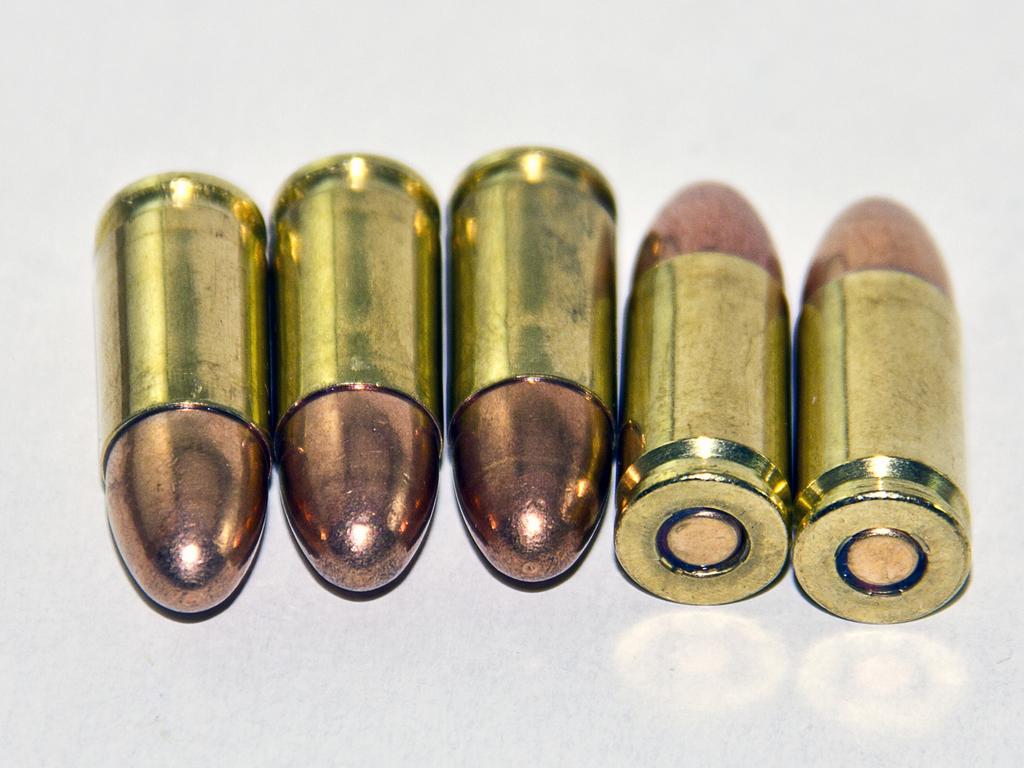Illegal, unregistered and unwanted firearms surrendered in amnesty
More than 18,000 unregistered and unwanted firearms and accessories were surrendered by Australians to police stations and gun dealers in just 12 months to avoid prosecution.
More than 18,000 unregistered and unwanted firearms and accessories – including a Vietnam War-era flame thrower, crossbows, and knuckle dusters – were surrendered to police stations and gun dealers in just 12 months to avoid prosecution.
The first permanent national firearms amnesty started on July 1, 2021, allowing people in all states and territories to anonymously dispose of potentially illegal guns without penalty or criminal sanction.
Data compiled by Attorney-General Mark Dreyfus’s department shows 17,543 firearms and weapons and 606 firearm parts and accessories were handed in from the start of the amnesty until the end of June last year.

Some of the unregistered guns were weapons that should have been surrendered – or registered – during the buyback after the Port Arthur massacre in 1996, weapons inherited from dead relatives, and guns owned by people without a licence.
The aim of the permanent amnesty is to reduce the number of guns in Australia, particularly unregistered firearms. The amnesty annual report warns the demand for illicit guns is driven by a range of entities from organised crime gangs to low-level lone-wolf criminals.
As well as illegal guns, the amnesty also netted gel blaster rifles, handheld Tasers, silencers, and ammunition.
Across Australia, 5457 firearms were registered during the amnesty, 812 were sold and 6343 were destroyed. Even if the gun was sold, there was no compensation paid to its former owner.
While Western Australia and the ACT did not allow firearms to be surrendered at gun shops, in NSW, Queensland and Victoria that was overwhelmingly the preferred option, rather than handing over the contraband weapon at a police station, despite the promise there would be no penalty attached.

In South Australia, Tasmania and Western Australia there were already permanent amnesties in place.
The last national firearms amnesty ran for three months in 2017, during which time more than 57,000 firearms were handed in across Australia.
Mr Dreyfus said the permanent amnesty was an “important measure to reduce the number of firearms in our community”.
“The report found Australians who surrendered firearms in that time were primarily motivated to do so out of a sense of responsibility or because they didn’t require them,” he said.






To join the conversation, please log in. Don't have an account? Register
Join the conversation, you are commenting as Logout